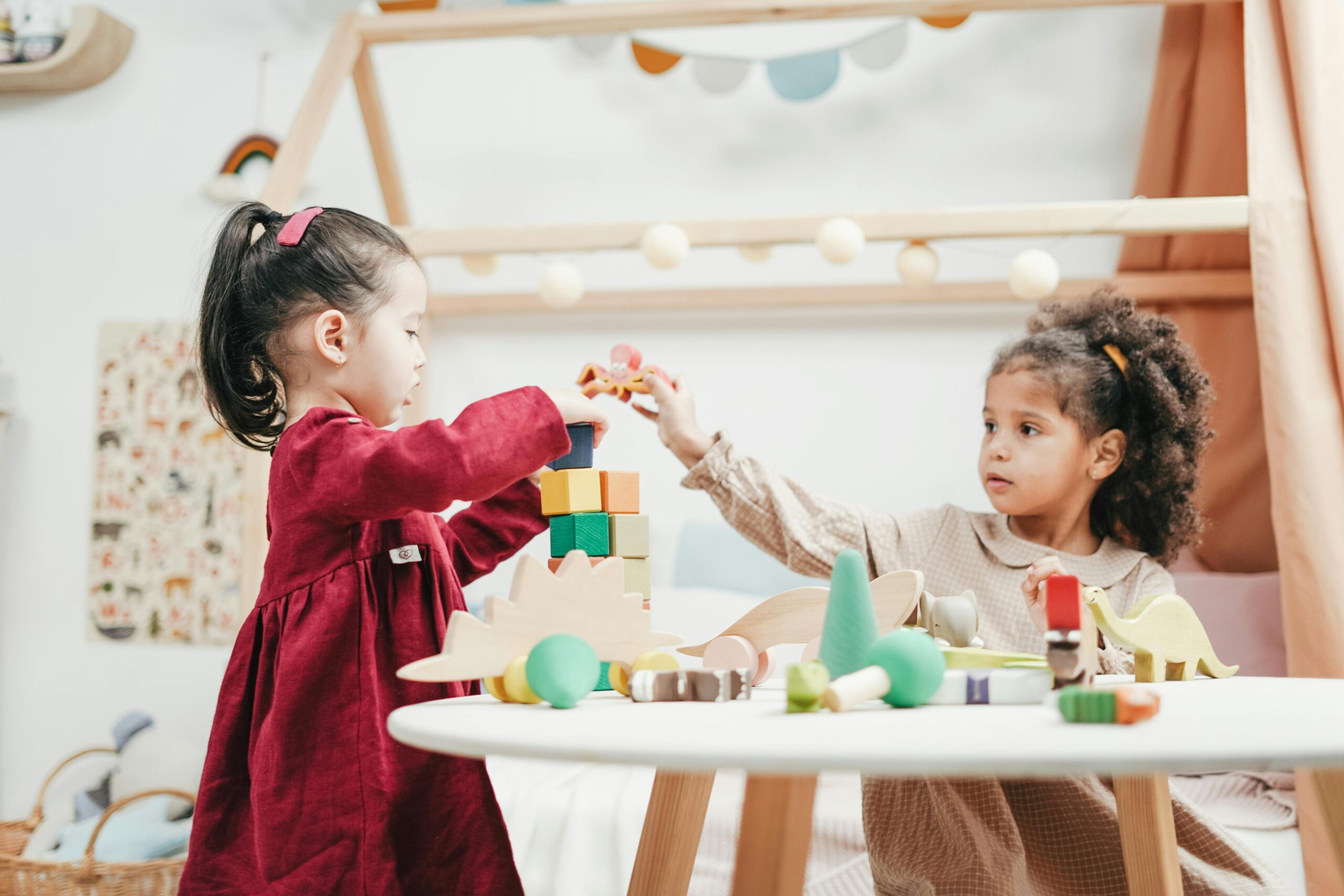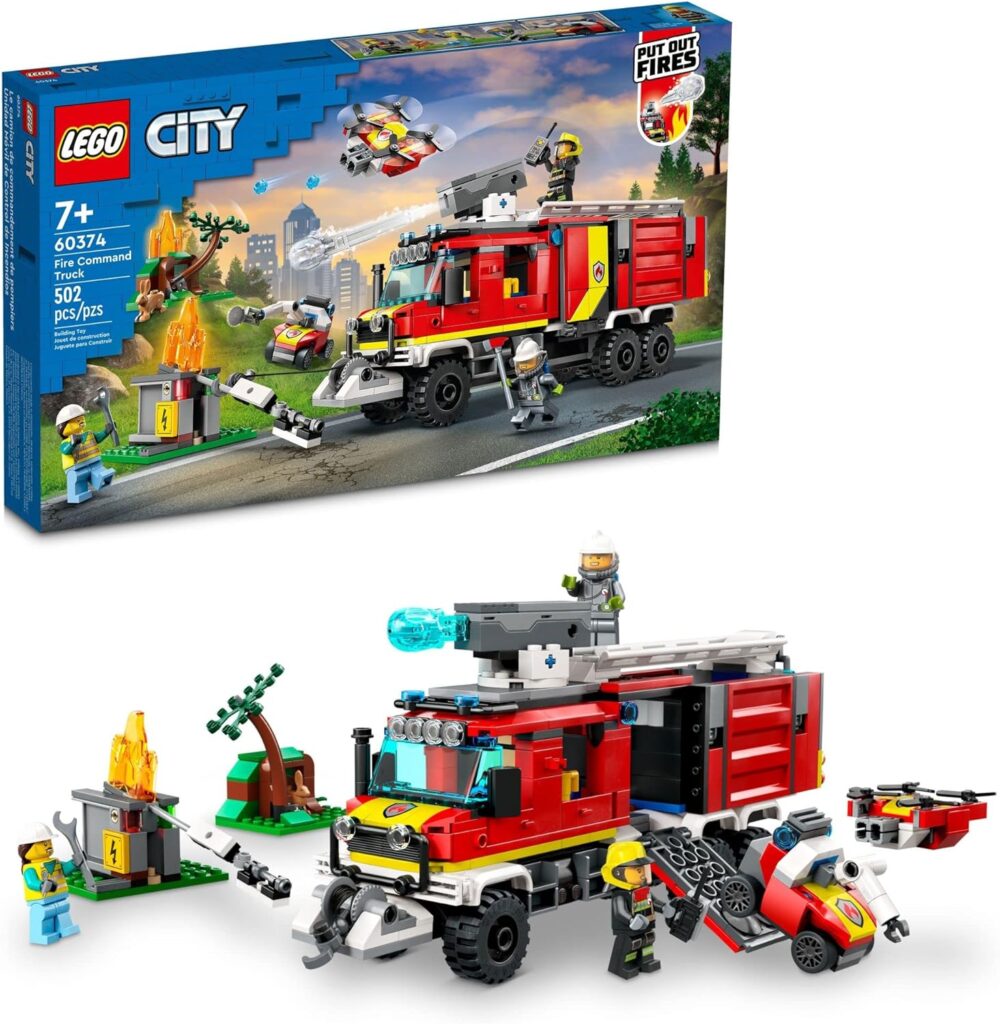Introduction
In the enchanting world of childhood, toys aren’t just playthings; they’re portals to imagination, learning, and growth. From colorful building blocks to interactive puzzles, toy games offer more than mere entertainment—they shape young minds, foster creativity, and ignite curiosity. Let’s delve into the magic of toy games and their profound impact on child development.

1. Cognitive Stimulation
a. Problem-Solving Skills
Toy games challenge children to think critically. Whether it’s fitting puzzle pieces together or strategizing in a board game, these activities activate their problem-solving faculties. As kids manipulate shapes, colors, and patterns, they develop spatial awareness and logical reasoning.
b. Memory Enhancement
Memory-based games—such as memory cards or matching games—boost memory retention. Children learn to recall patterns, sequences, and rules, enhancing their cognitive abilities. Plus, the joy of discovering a hidden pair reinforces positive associations with learning.
2. Emotional Intelligence
a. Social Play
Toy games encourage social interaction. When kids play together, they learn empathy, cooperation, and conflict resolution. Negotiating turns, sharing resources, and celebrating victories together build emotional bonds and teach valuable life skills.
b. Emotional Expression
Dolls, action figures, and plush toys become confidantes. Children express emotions through play, acting out scenarios and exploring feelings. This emotional release fosters self-awareness and empathy.
3. Creativity Unleashed
a. Open-Ended Play
Toys that allow open-ended play—like building sets or art supplies—ignite creativity. Children become architects, storytellers, and inventors. They construct imaginary worlds, experiment with shapes, and dream big.
b. Role-Playing
Dress-up games and pretend play let kids step into different roles—superheroes, doctors, chefs. These scenarios nurture creativity, language development, and understanding of diverse perspectives.
4. Motor Skills Mastery
a. Fine Motor Skills
From threading beads to assembling LEGO® structures, toy games refine fine motor skills. Precise movements—grasping, twisting, stacking—strengthen hand-eye coordination and dexterity.
b. Gross Motor Skills
Active play with balls, ride-on toys, or outdoor games hones gross motor skills. Running, jumping, and climbing contribute to physical fitness and overall development.

Conclusion
Toy games aren’t just playtime; they’re essential tools for unlocking a child’s potential. As parents, educators, and caregivers, let’s cherish these magical moments, knowing that every puzzle solved, every castle built, and every teddy bear hugged shapes the future.
Remember, the true magic lies not only in the toys themselves but in the wonder-filled eyes of the children who play with them. 🌟🧸
For more insights on child development and play, explore our Childhood Chronicles blog series.
